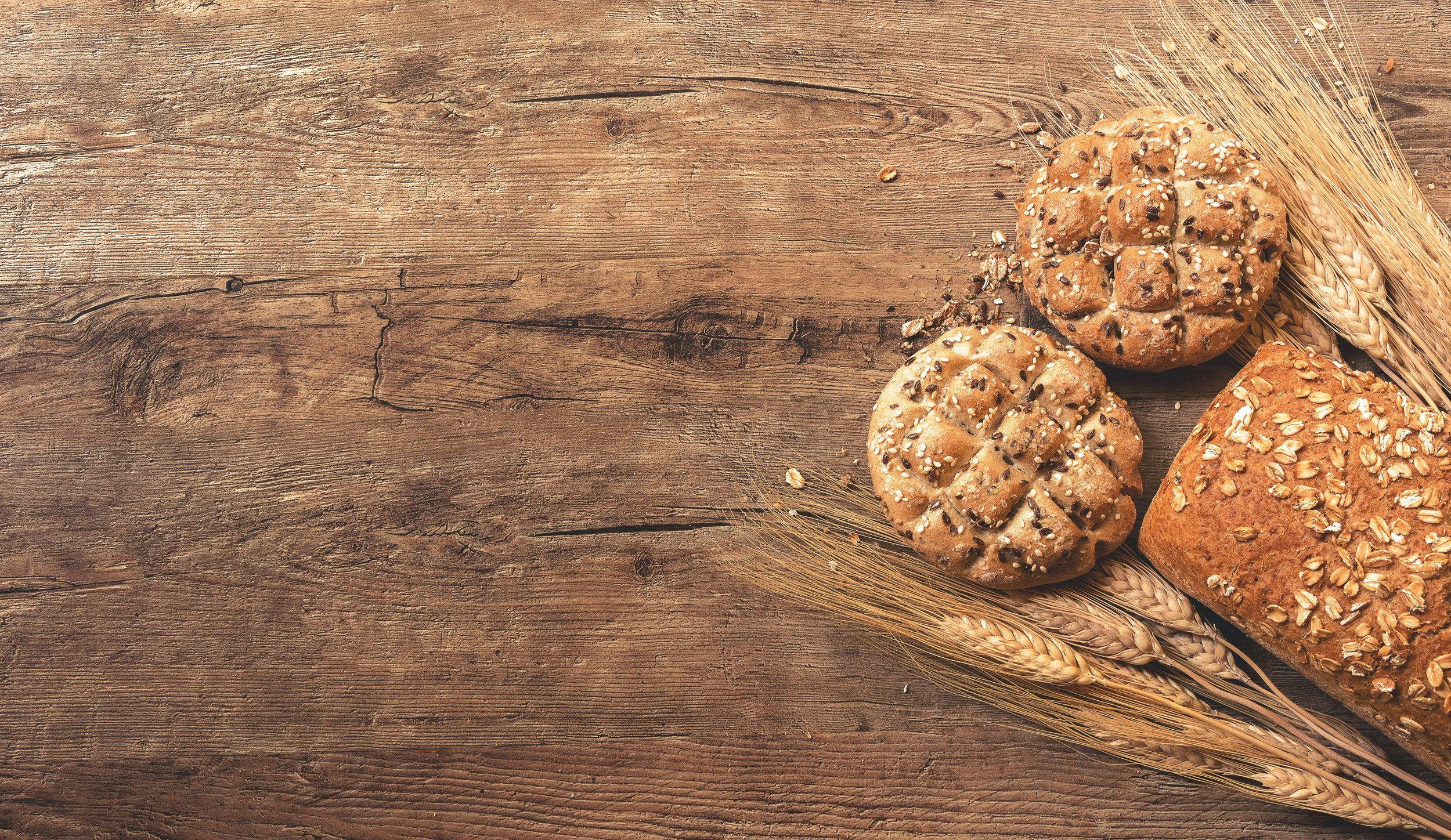Chromium
Chromium is a trace mineral that is essential to human health.

Chromium
-
Chromium is a trace mineral that is naturally present in food, although most foods provide very little. Additionally, chromium is found in supplements and fortified foods.
-
Chromium is known to enhance the action of insulin. Additionally, it is involved in carbohydrate, protein, and fat metabolism.
-
35 mcg/day is recommended for adult males 18-49 years old and 24 mcg/day for adult females 18 years old. Requirements slightly increase to 25 mcg/day for adult females 19-49 years old. Requirements increase to 600 mcg DFE/day during pregnancy and 500 mcg DFE/day during lactation. Some examples of approximate chromium content in food include 3 oz turkey breast or beef (2 mcg), one slice of whole-wheat bread (1 mcg), and 1 cup of grape juice (7 mcg).

Chromium
-
Supplementation may be beneficial.
Chromium supplementation has gained traction because of its involvement in the metabolism of lipids and carbohydrates. Chromium content in food is approximate and is impacted by agricultural and manufacturing processes. Chromium picolinate and chromium nicotinate are more bioavailable than other supplemental forms.
-
Is found in various foods but only in small amounts
Chromium is found in fruits, vegetables, meat, spices, and whole-grain products in small amounts.
Increase Your Chromium Intake
-
Eat broccoli
Broccoli is one of the best sources of chromium and should be consumed regularly as it has additional health benefits.
-
Eat whole-grain breads
Whole wheat bread and English muffins provide lesser amounts of chromium. The content in grains depends on various factors.
-
Consider a supplement
Chromium is available as a supplement. Chromium picolinate and chromium nicotinate are more bioavailable forms.